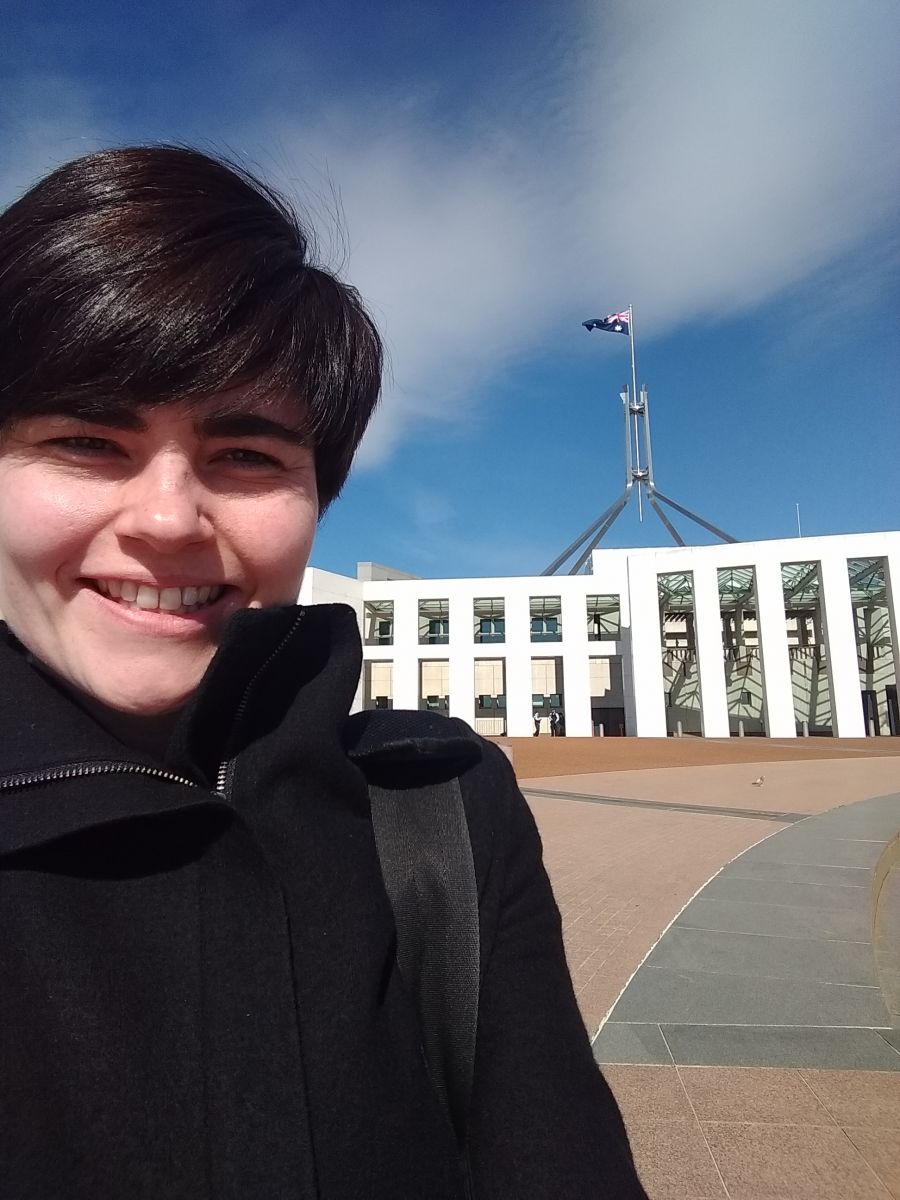

Jana Phan and Laura Navarro
EMCR Policy Analyst and EMCR Policy and Projects Coordinator
Australian Academy of Science
@jana_phan
This quarter seemed to be all about making submissions!
As part of the Australian Government’s commitment to increase the participation of women in the STEM disciplines, the Department of Industry, Innovation and Science sought input into its Women in STEM National Strategy. The EMCR Forum’s submission strongly encouraged the government to take an intersectional approach when developing the National Strategy, which would also enable the participation of women who are members of a minority group. The submission also highlights the need to influence societal changes necessary to encourage women to participate more fully in STEM, as well as improve the retention of women in STEM careers.
After surveying the EMCR Forum members to identify the key challenges and opportunities for improving the administration of Australia’s research funding, the Forum Executive made a submission to Parliament’s Inquiry into Funding Australia’s Research. The survey identified three key issues that EMCRs experience with research funding in Australia:
On Monday 20 August Dr Róisín McMahon, Deputy Chair of the EMCR Forum Executive, was invited to address the public hearing for the inquiry at Parliament House. The discussion demonstrated the panel’s interest in addressing the three key issues mentioned above and that they recognised the biases embedded in our current metrics of measuring research impact. The EMCR Forum Executive’s submission identified opportunities to counter this that included:
Another submission the Forum Executive prepared was in response to the Australian Medical Research Advisory Board’s consultation to inform the development of the Medical Research Future Fund (MRFF) priorities for 2018–20. They highlighted the need to use funds strategically by supporting the development and retention of EMCRs through fellowship schemes.
The Forum Executive also contributed to the Excellence in Research for Australia (ERA) survey, which is investigating a user’s awareness and use of the ERA National Report: State of Australian University Research 2015–16. The Forum noted its support for the collection of data that revealed gender distribution in different fields of research and by employment level, but also suggested that further diversity demographic data should be collected.
Róisín attended the conference dinner for the Research Data Science Winter School on 14 June to talk about the Forum and its initiatives, and encouraged the Winter School attendees to stay engaged with the Forum. Read Josh Hixson’s article on his experience at this event supported by the Theo Murphy Initiative (Australia).
The Theo Murphy Initiative (Australia) funds activities that aim to provide tangible benefits to Australia’s EMCR community. In its 2018–19 round, Theo Murphy is currently supporting fantastic events and initiatives that will provide a wide range of benefits to EMCRs from multiple disciplines and sectors.
We are excited to announce that applications for the 2019–20 round are now open! EMCRs are invited to submit their proposals for activities that can help create amazing opportunities for EMCRS. If your proposal is selected, you will get the opportunity to work collaboratively with the EMCR Unit at the Australian Academy of Science to make your idea a reality.
Activities can be held anywhere in Australia and may take any format (meetings or conferences, training opportunities, incentives or mechanisms to engage EMCRs in existing activities or events, etc.). Get inspired, submit your ideas and help provide tangible benefits to EMCRs.
This was also a busy time for our EMCR Forum Representative Network members. Dr Renaud Joannes-Boyau, EMCR Forum Representative at Southern Cross University, helped us out with the survey results for the submission for the Inquiry into Funding Australia’s Research. Dr Smriti Krishna, EMCR Forum Representative at James Cook University, reached out to us and invited an Executive Member to attend the Australasian Mental Health and Higher Education Conference on 6 and 7 July as an opportunity to talk about the Forum and engage with the EMCRs attending. These are great engagement examples from our Representatives and we would like to see more.
That is why the Forum Executive recently got in touch with the EMCR Forum Representative Network members to seek their feedback on how to be more effective at engaging with them and how to keep working to create stronger communication channels between the Forum and the EMCRs in the organisations they represent. We look forward to hearing your ideas on how you would like to improve engagement.
Don’t forget that we are always looking to expand and strengthen the EMCR Forum Representative Network! If you’re an EMCR interested in joining or you’ve noticed that your organisation is not represented (we welcome representatives from all workplaces) please get in touch with us.
© 2025 Australian Academy of Science